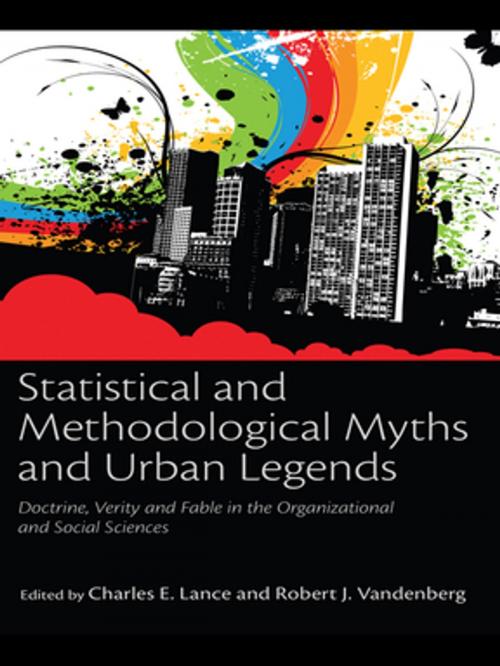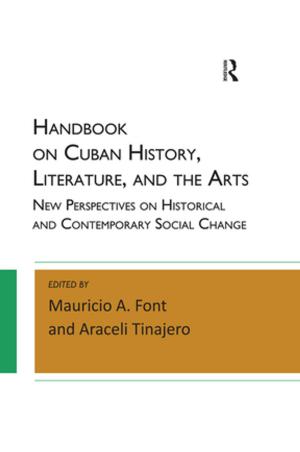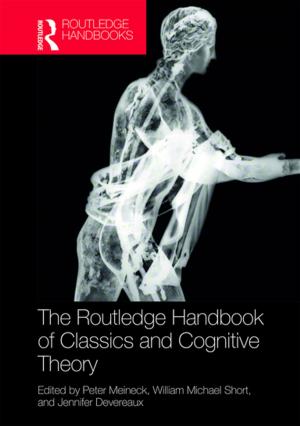Statistical and Methodological Myths and Urban Legends
Doctrine, Verity and Fable in Organizational and Social Sciences
Nonfiction, Health & Well Being, Psychology, Statistics, Research, Occupational & Industrial Psychology| Author: | ISBN: | 9781135269654 | |
| Publisher: | Taylor and Francis | Publication: | October 18, 2010 |
| Imprint: | Routledge | Language: | English |
| Author: | |
| ISBN: | 9781135269654 |
| Publisher: | Taylor and Francis |
| Publication: | October 18, 2010 |
| Imprint: | Routledge |
| Language: | English |
This book provides an up-to-date review of commonly undertaken methodological and statistical practices that are sustained, in part, upon sound rationale and justification and, in part, upon unfounded lore. Some examples of these "methodological urban legends", as we refer to them in this book, are characterized by manuscript critiques such as: (a) "your self-report measures suffer from common method bias"; (b) "your item-to-subject ratios are too low"; (c) "you can’t generalize these findings to the real world"; or (d) "your effect sizes are too low".
Historically, there is a kernel of truth to most of these legends, but in many cases that truth has been long forgotten, ignored or embellished beyond recognition. This book examines several such legends. Each chapter is organized to address: (a) what the legend is that "we (almost) all know to be true"; (b) what the "kernel of truth" is to each legend; (c) what the myths are that have developed around this kernel of truth; and (d) what the state of the practice should be. This book meets an important need for the accumulation and integration of these methodological and statistical practices.
This book provides an up-to-date review of commonly undertaken methodological and statistical practices that are sustained, in part, upon sound rationale and justification and, in part, upon unfounded lore. Some examples of these "methodological urban legends", as we refer to them in this book, are characterized by manuscript critiques such as: (a) "your self-report measures suffer from common method bias"; (b) "your item-to-subject ratios are too low"; (c) "you can’t generalize these findings to the real world"; or (d) "your effect sizes are too low".
Historically, there is a kernel of truth to most of these legends, but in many cases that truth has been long forgotten, ignored or embellished beyond recognition. This book examines several such legends. Each chapter is organized to address: (a) what the legend is that "we (almost) all know to be true"; (b) what the "kernel of truth" is to each legend; (c) what the myths are that have developed around this kernel of truth; and (d) what the state of the practice should be. This book meets an important need for the accumulation and integration of these methodological and statistical practices.















